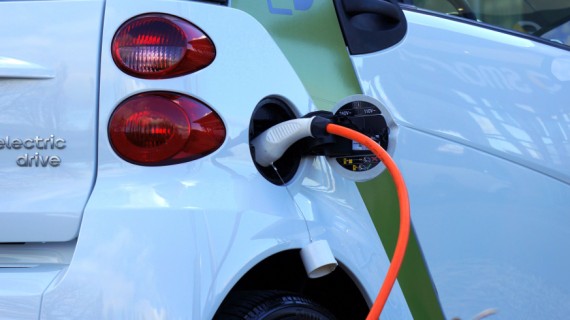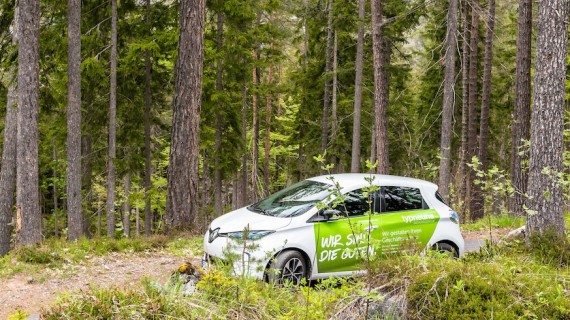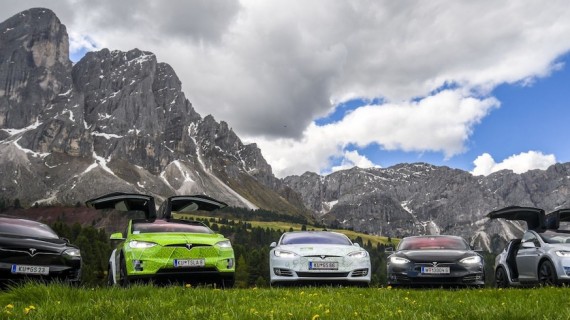The rate of adoption of electrical vehicles is increasing across the world; a revolution in the re-thought way of transportation. The movement of electric cars is not a fad but an integral component of the global effort to reduce carbon emissions and curb climate change. The consumer actively contributes to the environmentalist’s movement for a greener and sustainable future when buying an electric vehicle.
The Rise of Electric Cars
Electric vehicles have come a long way since their inception. Today, they stand at the forefront of the automotive industry’s response to environmental concerns. Electric cars operate on electric motors powered by battery packs, which can be recharged from the electric grid. This setup contrasts sharply with the internal combustion engines of traditional vehicles, which burn petrol or diesel to generate power. For those considering making the switch, resources like vingurus.com provide valuable information on vehicle specifications and eco-credentials, helping buyers make informed decisions.
Vingurus is an essential source for both car enthusiasts and prospective buyers regarding automotive history and specifications. With Vingurus, take a peek at the detailed history of any vehicle for accidents, servicing, and previous ownership-all to heavily inform your buying decision. In general, its database adds transparency to the used car market and helps buyers protect themselves from the risks of buying pre-owned. Additionally, Vingurus helps verify the authenticity and value of any car, so it is very functional for casual buyers to serious collectors who want to make a valid investment.
The platform produces its vehicle history reports by collating data from a wide network of dependable sources. Its sources include every motor vehicle department in the U.S., insurance companies, law enforcement agencies, car dealers, and several inspection stations. The integration of information from these various sources enables It to come up with comprehensive reports regarding important aspects of the vehicle, such as odometer readings, accident histories, title issues, and previous uses of the vehicle.

Environmental Benefits
First and foremost, electric vehicles do not have any tailpipe emissions. Traditional cars emit carbon dioxide and nitrogen oxides, among other pollutants responsible for the formation of urban smog, acid rain, and health problems in humans. Electric cars, while running, do not emit harmful fumes into the atmosphere. Such a considerable reduction in air pollutants is highly essential to ensure better air quality, at least in cities.

Energy Efficiency
Electric vehicles are far more efficient compared to conventional cars. As a matter of fact, their efficiency ranges from 60% to 70%, with the electric engines converting that much of the electrical energy traced from the grid to power at the wheels. Comparatively, internal combustion engines only achieve efficiencies of around 20% thereof. This, in turn, means better performance and lower energy costs for the end-user; hence, EVs are cleaner but more economical to operate in the long term.
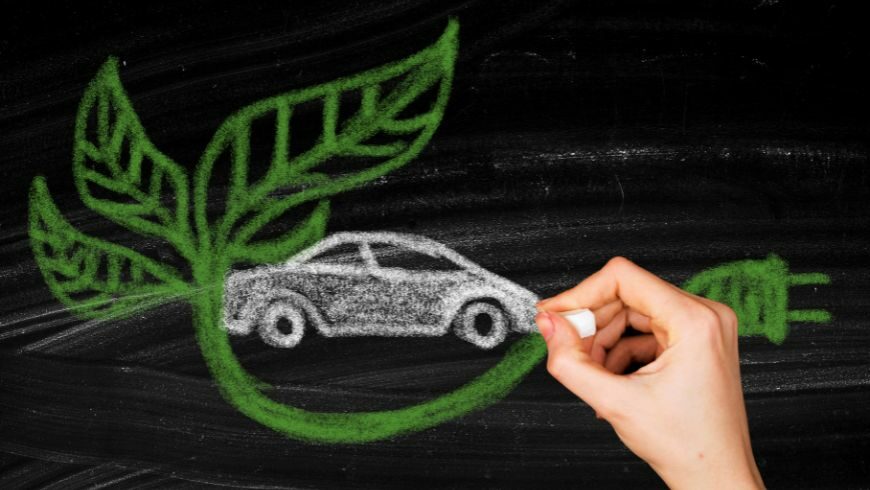
Reduced Dependence on Fossil Fuels
Electric cars make geopolitical and economic problems characteristic of finding and consuming oil minimal. All this might result in more stable energy prices and reduced vulnerability to spikes in oil price. Furthermore, all this shift would mean that as renewable energy sources like solar and wind power become more common for our electricity generation, the carbon footprint of electric vehicles would continue to decrease, thereby enhancing their environmental benefits.
Government Incentives and Support
Most governments from different parts of the world have some kind of incentives that could probably attract people to buying electric vehicles. Depending on a government, this could include everything from tax breaks and grants to exemption from congestion charges. These policies not only make EVs more accessible but they also indicate government dedication to moving away from fossil fuel-based transportation, building consumer confidence in the long life and dependability of investing in an electric vehicle.

Advancements in Technology
The technology underpinning electric vehicles is rapidly developing. In more recent iterations, EVs boast increasingly large ranges while lessening charge times and increasing performance numbers that may equal or better a strongly gasoline-powered variant. And advances in battery type – such as solid-state batteries – will bring even higher efficiencies and shorter possible charging intervals, which will help overcome many of the principal impediments to the broader EV acceptance.
Economic Impacts
Besides environmental benefits, electric vehicles also create economic benefits. Generally speaking, compared with gasoline or diesel-driven cars, such vehicles have fewer mechanical movable parts, thus making maintenance cheaper and reducing the chances of repair in the life of the vehicle. Increased deployment of electric vehicle charging facilities offers job creation in different economic sectors, from manufacturing to service industries.
Challenges to Consider
Despite the benefits, there are challenges in adopting electric cars. First, the initial purchase price for electric cars is much higher compared to traditional ones, even though running costs are generally lower, besides the offered incentives by the government. Also, the lack of charging stations for electric cars remains a problem in areas far from the cities and rural and under-served areas; however, infrastructure development is getting on track rapidly.
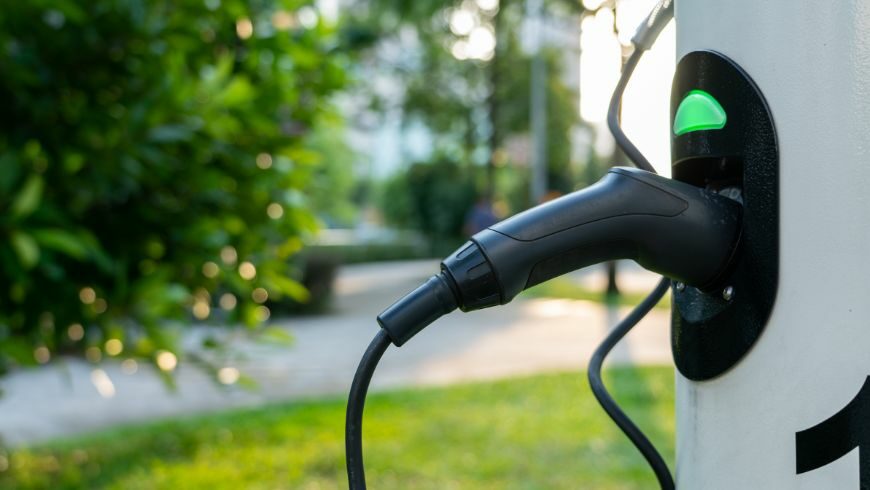
Conclusion
Switching to electric vehicles is not a fad; it’s integral to the global action plan for sustainable futures. Upon adopting an electric vehicle for use, a consumer contributes to the reduction of pollution in general, higher energy efficiency, and the development of renewable energy integration. Most of the barriers to EV adoption will slowly dwindle away as technology advances and infrastructure improves; hence, electric cars present a smart and responsible choice toward an eco-friendly future.

